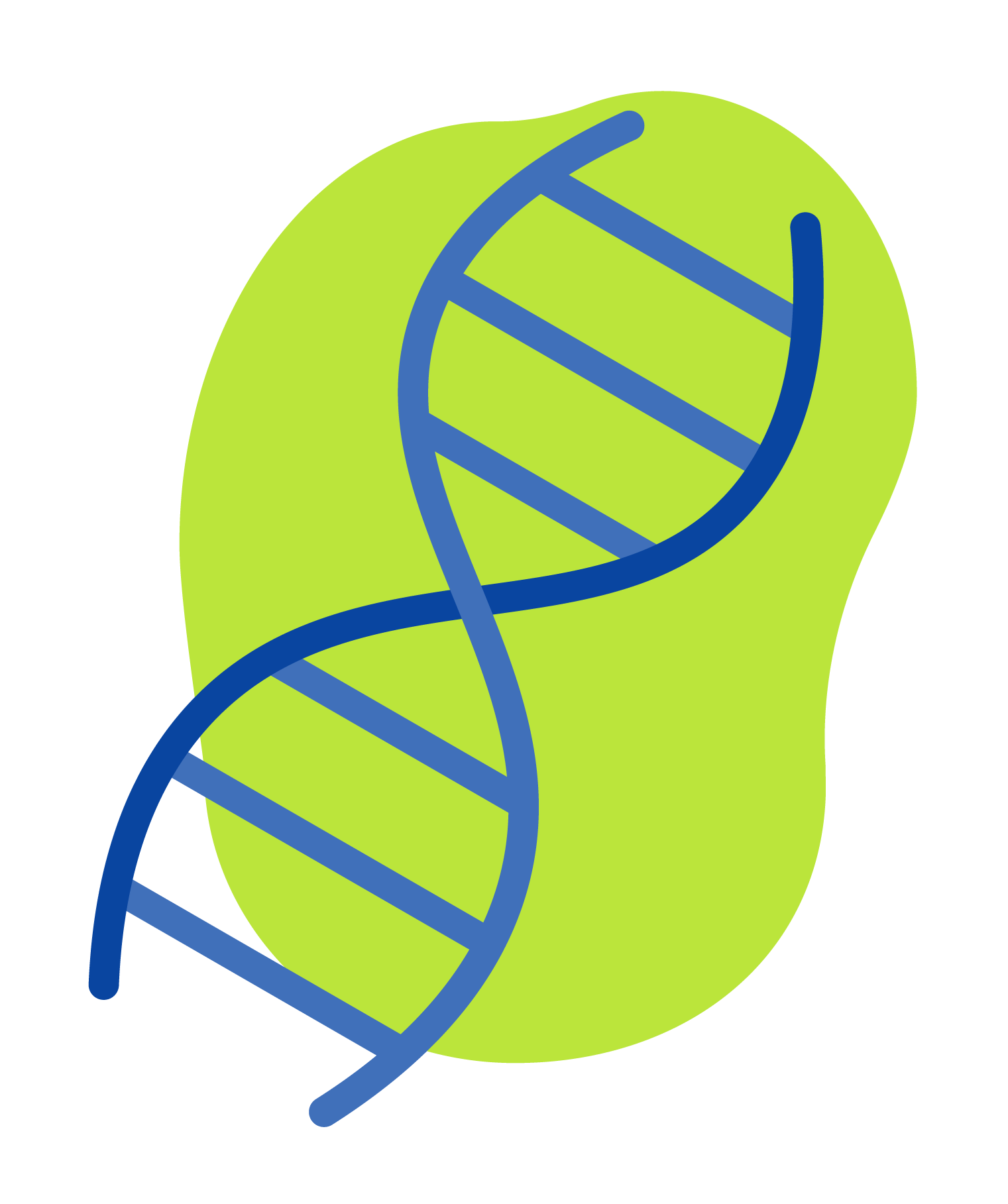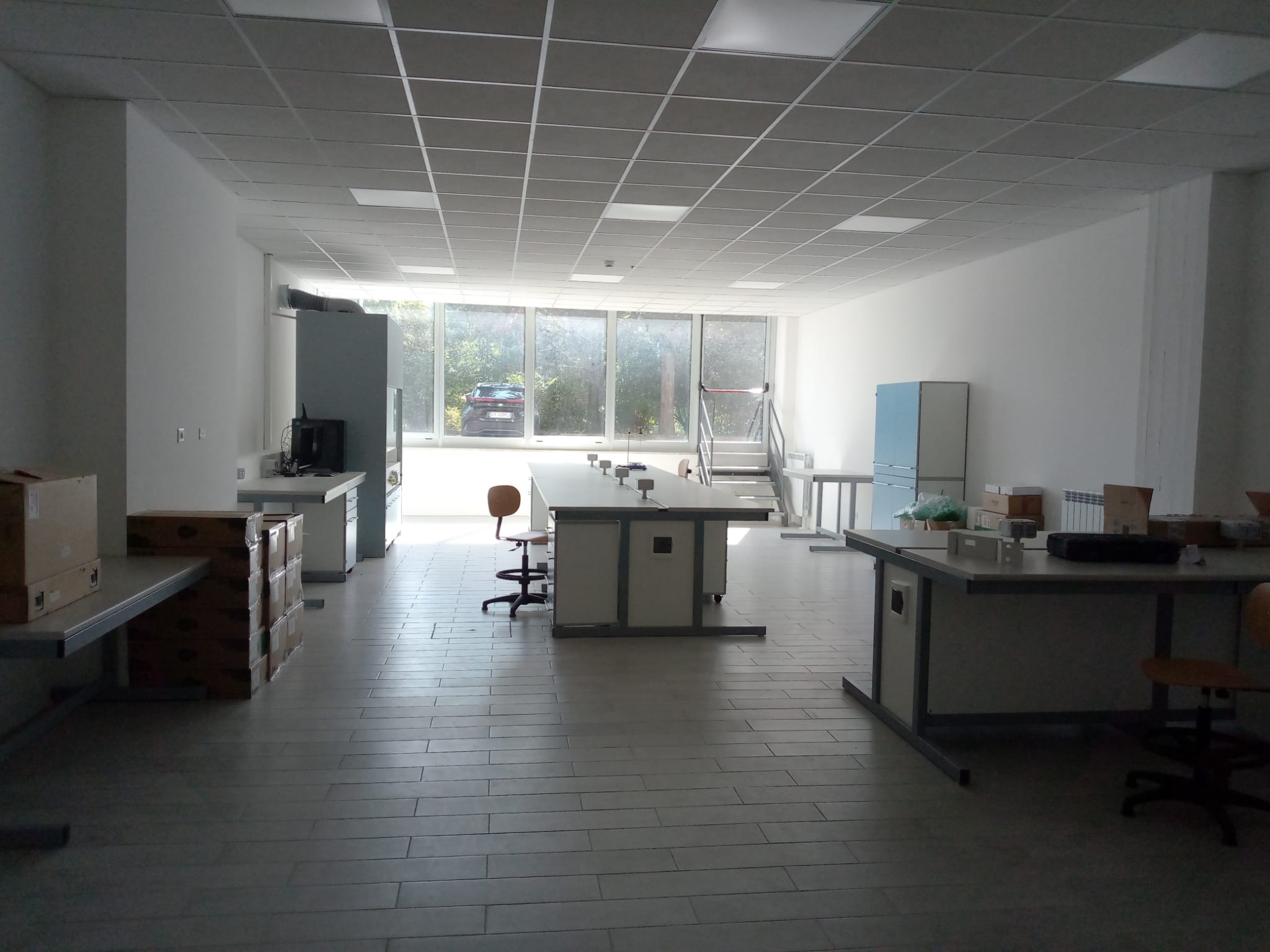

Molecular Laboratory
The laboratory is dedicated to the study and analysis of biological macromolecules, such as DNA, RNA and proteins. Among the main activities carried out within it is PCR (polymerase chain reaction), a fundamental technique for amplifying DNA and obtaining sufficient amounts of genetic material for further analysis. In addition, cell and molecular biology techniques are employed to delve into biological interactions at the molecular level, helping to unravel biological mechanisms found in food.
Features of the Laboratory
In the molecular laboratory, there are advanced instruments that allow precise and detailed analysis of DNA, RNA, and proteins to be conducted. Two key instruments in this context are:

FLUORIMETER QUBIT
Highly specialized apparatus used for the accurate quantification of DNA, RNA and proteins using fluorescent probes. Its high sensitivity and precision make it particularly effective, even when working with small amounts of sample. This instrument is widely used in the preparation of DNA or RNA samples for applications such as PCR, sequencing, and other molecular analyses. Thanks to its extremely precise and reproducible measurements, the Qubit is an indispensable ally for those working in the field of molecular biology.
CFX OPUS PCR-SYSTEM
A crucial instrument in the molecular laboratory, used to amplify and quantify DNA or RNA sequences. Using real-time PCR technology, this system allows real-time monitoring of DNA amplification using fluorescent probes. This approach not only facilitates the amplification of genetic material, but also enables accurate quantitative analysis (qPCR). The use of CFX Opus is essential in numerous molecular studies, such as gene expression analysis, genotyping, and pathogen detection.
These advanced tools support a wide range of applications, from scientific research to the development of new diagnostic technologies, contributing significantly to advances in the biological sciences.






